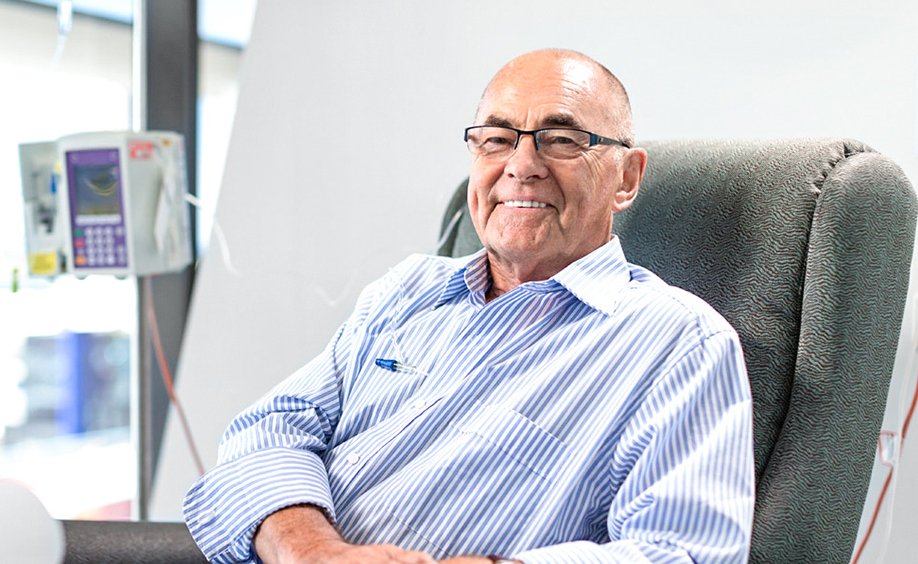There are five stages (0 – IV) of bowel cancer, which are explained below:
Stage 0
(also called carcinoma in Situ) – is where abnormal cells are found in the first layer (mucosa) of the wall of the bowel. These abnormal cells have the ability to become cancerous, grow and spread. 4
Stage I
Cancer cells have been found in the mucosa, and they have spread to the next layer in the wall of the bowel called the submucosa, and possibly even the muscle layer of the bowel wall. However no cancer cells have been found in the lymph nodes or other tissue.4
Stage II – IV
There are three sub-categories in each of the bowel cancer stages from II – IV; known as; A, B, C. The sub-categories and stages are dependent on the involvement of lymph nodes, associated tissue, organs and distal sites (sites further away in your body from the bowel).4
For more detailed information on bowel cancer staging, please visit Bowel Cancer New Zealand.
